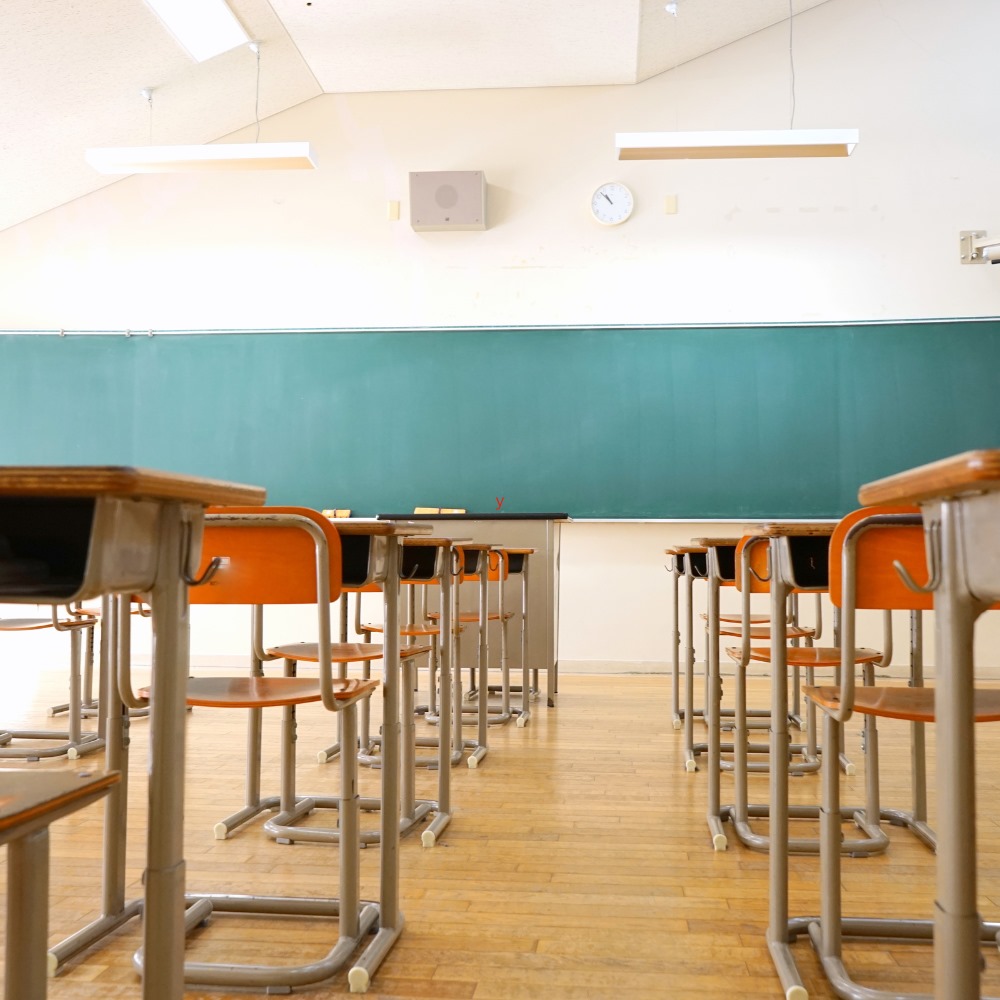Education plays an essential function in shaping an infant’s destiny. While training is every so often visible as an obligatory requirement, it serves as the muse for private improvement, profession fulfilment, and social integration.
This article delves into the motives why training is vital for youngsters, focusing on their cognitive, social, emotional, and future profession potentialities.
1. Cognitive Development
Schooling is essential for children’s cognitive improvement. It provides them with structured studying stories that stimulate their questioning, trouble-solving, and selection-making skills. During the early years of training, youngsters are delivered to crucial subjects like studying, mathematics, and technology, which help them apprehend the sector round them. School encourages crucial wondering by offering demanding situations and inspiring children to searching for answers. This is important for his or her intellectual growth, as they learn the way to investigate situations, ask questions, and make informed decisions.
Furthermore, faculties promote cognitive flexibility. Kids learn how to adapt their questioning to new information and perspectives, that’s crucial for innovation and creativity. They are delivered to diverse topics and thoughts, enabling them to suppose outdoor the container and increase modern answers to problems.
2. Social Skills and Interaction
Beyond educational mastering, schooling enables youngsters increase social abilities and discover ways to engage with others. Schools serve as microcosms of society, where youngsters from extraordinary backgrounds come together, providing them with opportunities to have interaction with peers and instructors. Through these interactions, youngsters study the significance of cooperation, empathy, admire, and communication.
School is one of the first locations in which youngsters stumble upon authority figures out of doors their circle of relatives. Interactions with instructors assist them apprehend the importance of following rules, paying attention to others, and respecting authority. Teamwork and collaboration are emphasised in lots of college activities, assisting youngsters broaden abilities which are vital in real-existence eventualities, which includes operating in organisations, negotiating, and resolving conflicts. These social studies lay the foundation for destiny relationships, teaching youngsters a way to behave in both non-public and professional settings.
3. Emotional Development
The emotional well-being of children is significantly motivated with the aid of their education. While home provides the emotional aid essential for boom, school serves as every other crucial surroundings in which kids discover ways to control their emotions. Schools provide a dependent environment where children are uncovered to a huge range of emotions—each high quality and terrible—letting them broaden emotional intelligence.
Schools offer possibilities for kids to enjoy fulfilment and failure, coaching them a way to address each. Failure, specifically, helps youngsters construct resilience and perseverance. It encourages them to keep trying even when things don’t pass as planned. On the other hand, achievement builds self assurance and self-esteem, showing youngsters that hard paintings and determination can yield fine outcomes. Over time, youngsters learn how to alter their feelings, hold self-control, and express themselves in positive approaches.
4. Preparing for the Future Workforce
One of the primary roles of training is to prepare youngsters for their future careers. From an early age, kids are delivered to diverse subjects and skill units that can impact their profession paths. For example, a baby interested in technology might also determine to pursue a profession in remedy, even as a infant who excels in arithmetic might also don’t forget engineering.
Beyond problem information, colleges train kids the way to be responsible, manipulate time efficaciously, and paintings closer to long-term dreams—all vital talents inside the group of workers. Schools also emphasise the importance of field, punctuality, and finishing duties, getting ready youngsters for the structure and demands of the administrative centre.
Moreover, schooling encourages the improvement of vital wondering and problem-fixing abilities, that are highly valued in almost all professions. The modern personnel needs individuals who can examine complex problems, endorse progressive solutions, and paintings collaboratively. Schooling is the first step in developing those capabilities.
5. Exposure to Diverse Perspectives
School affords youngsters with publicity to numerous perspectives, thoughts, and cultures. This is essential in nowadays’s globalized global, in which information and accepting differences is fundamental to non violent coexistence. Children find out about different cultures, languages, religions, and traditions, which broadens their expertise of the sector.
Exposure to diversity enables children increase tolerance and empathy in the direction of others. They examine that human beings can have specific views and backgrounds, and that these variations must be reputable. Schools regularly prepare occasions and sports that remember range, encouraging students to appreciate the form of human studies.
By enticing with one-of-a-kind views, children also learn to venture their assumptions and suppose greater deeply approximately their ideals and values. This critical reflection is important for private growth and the improvement of a properly-rounded worldview.
6. Fostering Creativity and Imagination
While colleges are regularly related to established learning, additionally they play a essential function in fostering creativity and creativeness. Many colleges offer artwork, song, and drama programs, imparting youngsters with possibilities to explicit themselves in innovative ways. These topics assist children explore their hobbies and passions, contributing to a more nicely-rounded education.
Creativity isn’t always restrained to inventive expression—it extends to trouble-fixing, innovation, and questioning outdoor the box. School tasks, extracurricular sports, and even lecture room discussions inspire children to technique issues creatively and increase precise answers. This nurtures a mind-set of curiosity and exploration that is crucial for non-public and expert increase.
7. Instilling Discipline and Responsibility
Schooling instils a feel of discipline and obligation in youngsters. From a younger age, they’re taught the importance of finishing assignments, following guidelines, and assembly time limits. These habits are crucial for success in each instructional and non-instructional hobbies. Children analyse that their movements have consequences, and that their achievement depends on their efforts and dedication.
School additionally teaches youngsters the way to manipulate their time correctly. Balancing homework, extracurricular sports, and social lifestyles calls for making plans and corporation. These talents are important for adulthood, in which time management will become even more critical in coping with profession, family, and personal pursuits.
8. Creating a Sense of Community
Schools regularly function hubs for network engagement and development. Children who attend school now not only benefit educational information however also turn out to be a part of a bigger network. This feel of belonging fosters satisfaction and responsibility, encouraging youngsters to make a contribution positively to their environment.
Community-building activities, such as organisation projects, college events, and extracurricular applications, help kids expand robust relationships with their friends and teachers. This social network offers emotional guide and encourages collaboration, teamwork, and mutual recognize. Being part of a school community additionally teaches youngsters about their roles and obligations as residents, getting ready them to contribute meaningfully to society.
Conclusion
Schooling is undeniably essential for youngsters, because it affords them with the gear they want to reach life. From cognitive development to emotional intelligence, social talents, and future career education, school shapes the individuals they become. It fosters creativity, field, and a feel of responsibility, even as additionally exposing them to numerous perspectives that expand their worldview. More than just an area of instructional gaining knowledge of, schools are environments in which children grow emotionally, socially, and intellectually, making ready them to navigate the demanding situations of maturity with self belief.



